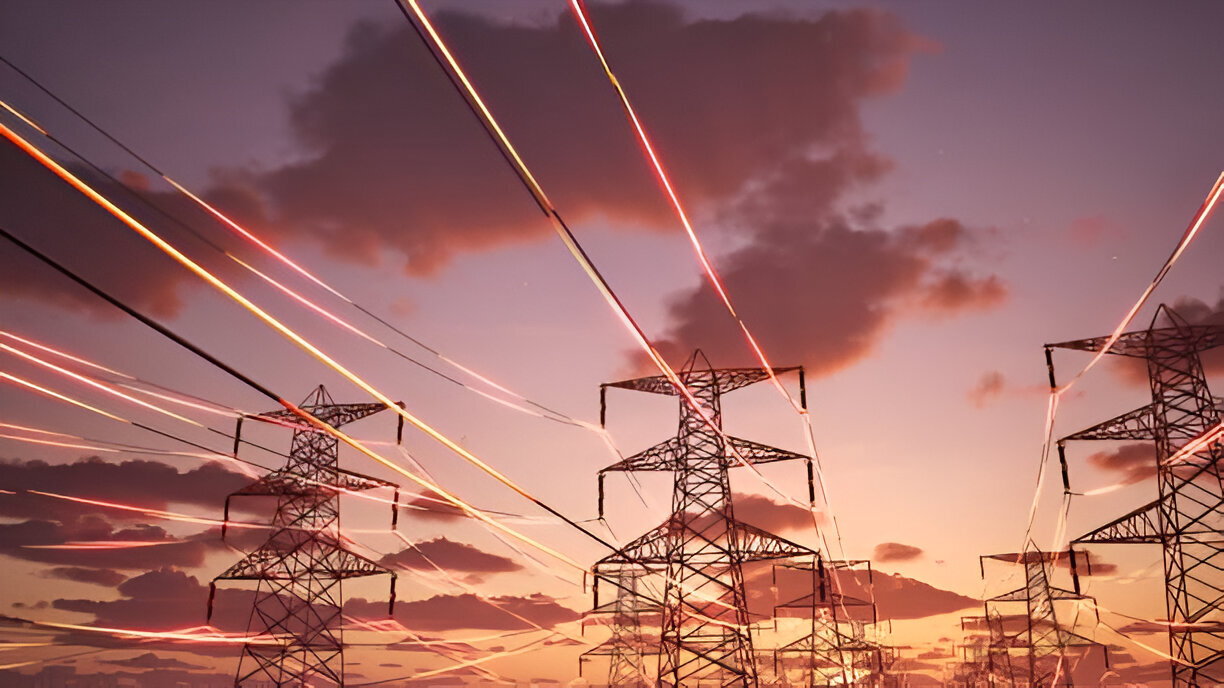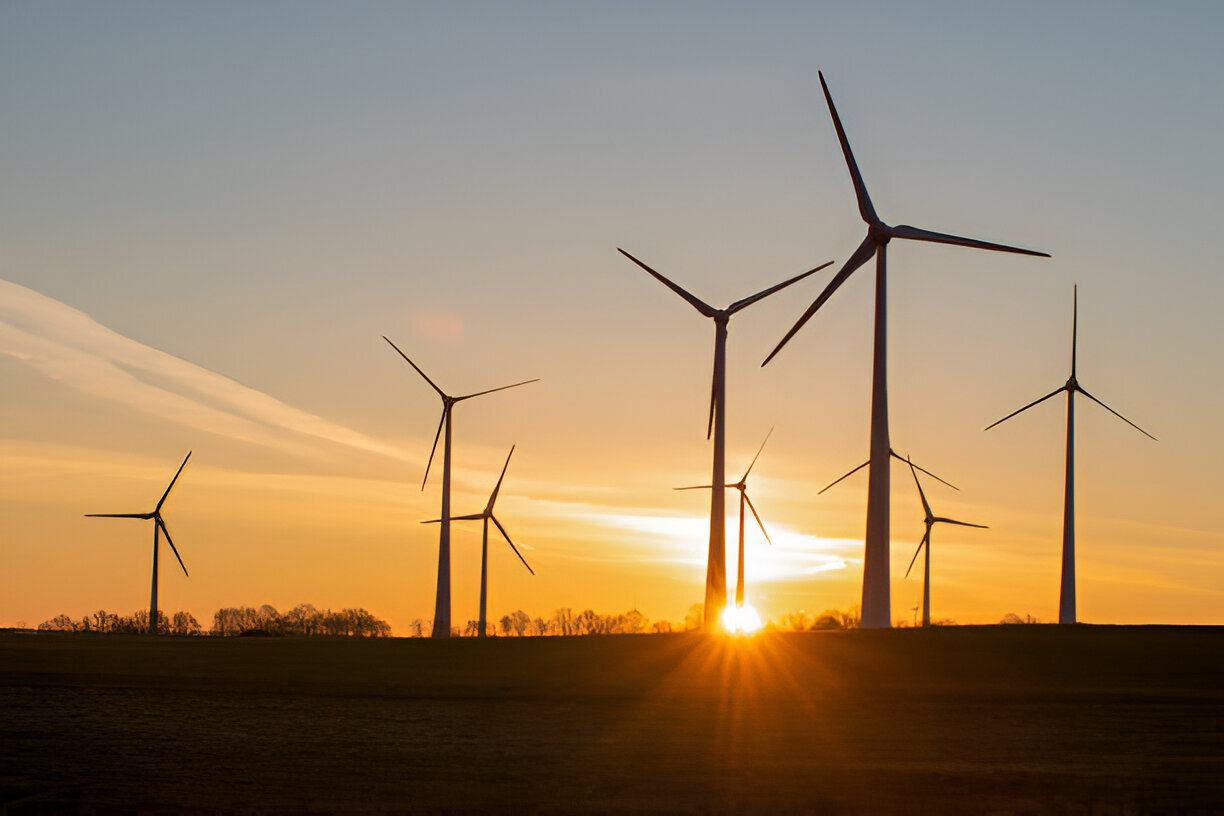
What is a solar power broker?
Solar power brokers are becoming the unsung heroes of Australia’s clean energy shift. While most of us are fixated on rooftop panels or feed-in tariffs, these behind-the-scenes professionals quietly make the numbers work. They’re not selling solar panels — they’re brokering better deals, smarter usage, and strategic savings.
So, what is a solar power broker, really?
In plain terms, a solar power broker is a middle-person between energy producers and energy consumers. Think of them like a property buyer's agent — but instead of homes, they find, negotiate, and optimise solar power deals for businesses or households.
They don't install solar systems. Instead, they:
-
Analyse your electricity usage
-
Recommend solar options based on your goals (cost-saving, sustainability, independence)
-
Compare deals from multiple solar providers
-
Negotiate contracts and electricity rates
-
Assist with power purchase agreements (PPAs) or solar leasing options
A good broker is unbiased — they’re not locked to one supplier. Their job is to get you the best outcome across energy consumption, cost, and carbon footprint.
Why are solar brokers gaining traction in Australia?
Australia’s solar uptake is world-leading — over 3.6 million homes have panels. But navigating solar options is still confusing. With dozens of retailers, fluctuating tariffs, and shifting government rebates, even savvy business owners can feel out of depth.
Enter the solar power broker: they simplify complexity.
A few reasons behind their rising demand:
-
Energy costs are volatile – Brokers help businesses lock in long-term rates or hedge against price spikes.
-
Regulations keep changing – Brokers stay across compliance so you don’t have to.
-
Time is money – Who has hours to research solar retailers, compare tariffs, and decipher jargon-laden contracts?
What do solar power brokers actually do all day?
Let’s unpack their role with a real-world lens.
1. Energy profiling
First, they analyse your existing electricity usage patterns. They might examine 12 months of billing data, check load curves, or even use smart meters. This step reveals when and how you use power — key to determining the right solar setup.
2. Feasibility assessment
Next, they’ll assess whether solar makes sense for you — financially, structurally, and logistically. For instance, a Melbourne café running high midday aircon usage may benefit greatly. A Perth warehouse with a night-shift load? Maybe less so.
3. Market comparisons
They approach multiple solar providers to get competing quotes — covering system size, battery options, warranties, feed-in tariffs, and install timelines.
They’ll also consider finance options:
-
Outright purchase
-
Lease arrangements
-
Solar PPAs (you pay only for the energy generated)
-
Green energy plans or corporate Power Purchase Agreements (PPAs)
4. Contract negotiation
This is where experience pays off. A broker will scrutinise:
-
Inclusions and exclusions
-
Escalation clauses
-
Hidden maintenance or exit fees
-
Performance guarantees
They work to align the deal with your risk appetite, cash flow, and sustainability targets.
5. Ongoing support
Some brokers offer post-installation support — monitoring savings, handling disputes, or renegotiating contracts as conditions change.
Are brokers only for big businesses?
Not at all.
While it’s true that many brokers focus on large-scale solar procurement (for schools, councils, shopping centres), there’s a growing trend of brokers servicing SMEs and regional customers — particularly those hit hardest by rising energy costs.
For example, a boutique brewery in regional NSW recently shaved 27% off its annual energy bill by using a solar broker to access a tailored PPA and seasonal tariff adjustments. That kind of saving isn’t small beer.
How are solar power brokers different from electricity brokers?
It’s a fair question — and they do overlap.
But think of it this way:
| Electricity Broker | Solar Power Broker |
|---|---|
| Focuses on grid-based electricity rates & retailer deals | Focuses on solar system sourcing & PPAs |
| Works with energy retailers | Works with solar providers, installers, and financiers |
| Typically helps businesses switch plans | Typically helps businesses transition to solar |
| May recommend solar add-ons | May recommend grid tariff optimisation |
That said, many modern brokers offer hybrid services — combining solar strategy with traditional electricity brokering. It’s all about building a tailored energy roadmap.
Who actually benefits from using a solar broker?
-
Time-poor business owners – who’d rather run their business than decipher energy tenders.
-
Landlords and property managers – looking to offer solar inclusions to tenants.
-
Local councils and schools – with ambitious sustainability goals.
-
Aussie households – especially high-usage homes considering battery storage.
And of course, anyone chasing lower bills and less environmental guilt.
What qualifications should a solar power broker have?
There’s no mandatory licensing, which makes due diligence crucial. Reputable brokers often hold or work with:
-
Clean Energy Council-accredited solar installers
-
Certified Energy Managers (CEM)
-
NEM registration (for brokers dealing directly in energy markets)
-
Memberships with energy industry bodies (e.g. Smart Energy Council)
Ask about their track record. How many deals have they brokered? What kind of systems? Across which states?
Is using a solar power broker worth it?
If you’re investing $10,000+ in a solar system or entering a 10-year energy contract — yes, it’s worth having someone who knows the traps and tactics.
It’s a bit like hiring a buyer’s advocate for property. You could do it alone, but the hidden clauses, market tricks, and negotiation games often favour the experienced.
Plus, many brokers work on performance fees or success-based pricing — meaning they’re incentivised to get you better outcomes.
What are the risks?
A few flags to watch:
-
Tied brokers – those with hidden affiliations may push a specific provider.
-
Overpromising – like promising $0 bills or 3-year paybacks on marginal systems.
-
Lack of transparency – always ask for clear documentation, independent quotes, and disclosure of commissions.
Remember: a good broker wants repeat business and referrals, not just a quick win.
How do solar brokers stay up to date?
The smart ones are across:
-
Energy market trends
-
State-specific rebates and schemes (like Victoria’s Solar Homes Program)
-
Emerging tech (e.g. community batteries, VPPs)
-
Grid constraint maps and DNSP rules
-
Electricity broker partnerships and wholesale access
The energy landscape moves quickly. Brokers who don’t stay current get left behind.
What should you ask before hiring one?
Here’s a simple checklist:
-
Do you have clients similar to me?
-
How do you get paid — fixed fee, percentage, commission?
-
Can I see a sample of your past recommendations?
-
Do you compare across multiple providers?
-
Will you handle post-sale support?
If they dance around the answers, move on.
FAQ: Quick answers to common questions
Q: Is there a cost to use a solar broker?
Often no upfront cost — many work on commission. But transparency matters, so always ask.
Q: Can brokers help with battery storage options too?
Absolutely. Many now include battery viability and integration as part of their recommendations.
Q: Do solar brokers only work with commercial clients?
No. There are brokers who cater to households, particularly in high-consumption or regional settings.
A smart solar broker can help you shift from guessing to strategic energy planning. They don’t just compare systems — they align solar investment with your broader financial and environmental goals.
And if you're already weighing up grid tariffs, this electricity brokerbre akdown explains how that side of the market works too — and how solar fits in.
For more on energy insights, the Clean Energy Regulator offers transparent, up-to-date data on Australia’s solar stats and initiatives.

